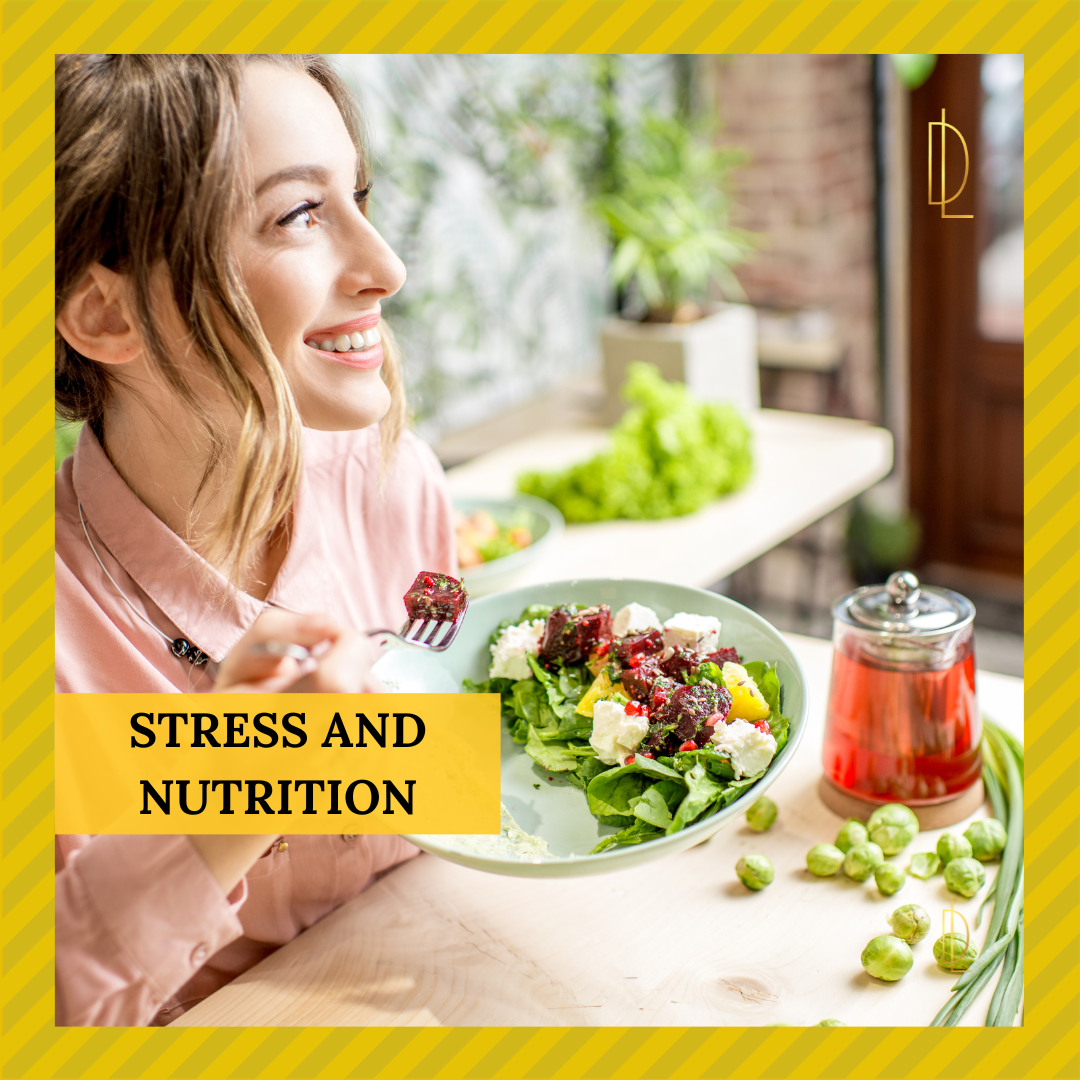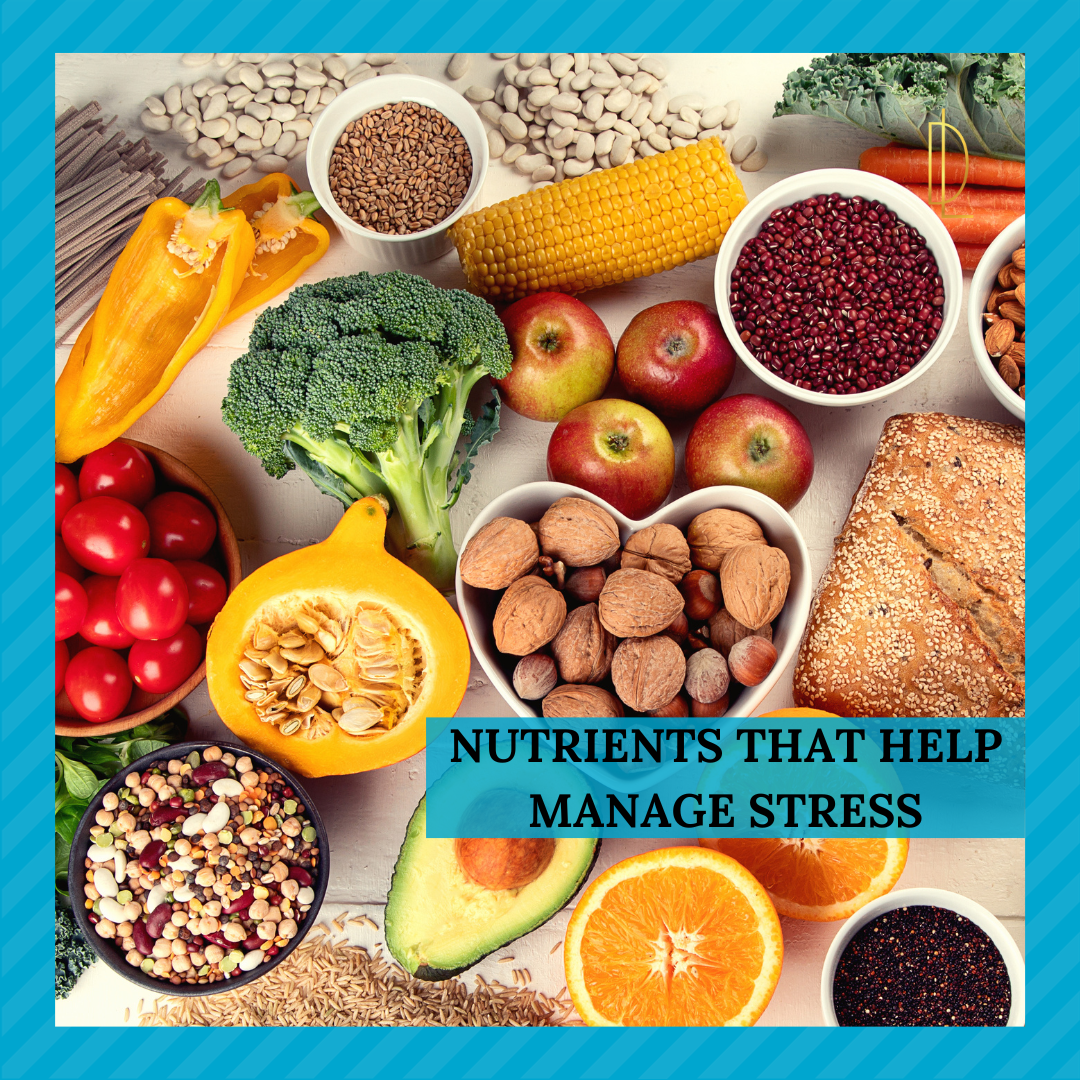The Relationship Between Stress and Nutrition: How Your Diet Can Help Manage Stress
Stress is a common experience in our daily lives, and it can have a significant impact on our health and well-being. While there are various ways to manage stress, one effective approach is through nutrition. In this blog, we will discuss the relationship between stress and nutrition, and how your diet can help manage stress.
Stress and Nutrition: The Connection
Stress triggers the release of hormones such as cortisol and adrenaline, which prepare our bodies to react to a perceived threat. However, chronic stress can lead to increased cortisol levels, which can contribute to a range of health problems, including anxiety, depression, weight gain, and high blood pressure.
Nutrition plays a crucial role in managing stress. Eating a well-balanced diet that includes a variety of nutrient-rich foods can help to support the body’s stress response and improve overall health.
Nutrients that Help Manage Stress
Certain nutrients have been shown to help manage stress by reducing cortisol levels and promoting relaxation. These include:
Omega-3 Fatty Acids
Omega-3 fatty acids are essential fats that the body cannot produce on its own. They are found in fatty fish such as salmon, mackerel, and sardines, as well as in nuts and seeds such as walnuts and flaxseeds.
Research has shown that omega-3 fatty acids can help to reduce cortisol levels and improve mood. A study conducted on medical students found that those who received omega-3 supplements had a 20% reduction in anxiety symptoms.
Magnesium
Magnesium is a mineral that plays a role in over 300 biochemical reactions in the body. It is found in dark leafy greens, nuts and seeds, and whole grains.
Studies have shown that magnesium can help to reduce anxiety and promote relaxation by regulating cortisol levels. A study published in the Journal of the American College of Nutrition found that magnesium supplementation significantly reduced stress levels in participants.
Vitamin C
Vitamin C is an antioxidant that plays a role in immune function and wound healing. It is found in citrus fruits, kiwi, strawberries, and bell peppers.
Research has shown that vitamin C can help to reduce cortisol levels and improve mood. A study conducted on high school students found that those who received vitamin C supplements had a 51% reduction in perceived stress.
Foods to Avoid
While certain foods can help manage stress, others can contribute to increased cortisol levels and inflammation. These include:
Sugar
Sugar is found in many processed foods and can contribute to inflammation in the body. It can also cause a spike in blood sugar levels, which can lead to increased cortisol levels.
Caffeine
Caffeine is a stimulant that can increase cortisol levels and contribute to anxiety and insomnia. It is found in coffee, tea, energy drinks, and chocolate.
Alcohol
Alcohol can disrupt sleep patterns and contribute to anxiety and depression. It can also interfere with the body’s stress response and increase cortisol levels.
In conclusion, managing stress through nutrition is a simple and effective approach to improving overall health and well-being. Consuming nutrient-rich foods such as fatty fish, nuts and seeds, and dark leafy greens can help to regulate cortisol levels and promote relaxation. Avoiding processed foods, sugar, caffeine, and alcohol can also help to reduce inflammation and improve the body’s stress response. By making small changes to your diet, you can effectively manage stress and improve your overall health.
Take Control of Your Body
Are you tired of battling relentless fatigue, grappling with brain fog, or struggling with stubborn weight gain? Imagine a life where boundless energy, mental clarity, and a revitalized you take center stage. Take the first step toward a healthier thyroid and overall well-being! Schedule your appointment with Dr. LuLu today.




